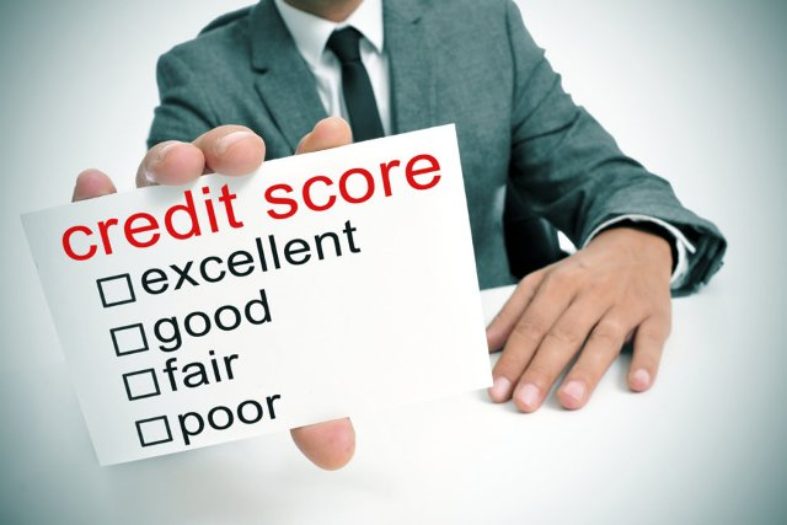Your credit score is one of the most important pieces of information about you. Your credit score represents your trustworthiness as a borrower, and will impact the house you live in, the car you drive, your professional opportunities and much, much more.
Your credit score is calculated using a complex formula of over 15 different factors related to your creditworthiness. Fortunately there are a few simple and easy tricks for improving your credit score that play to how these credit calculations are made.
Make Your Payments on Time
Nothing harms your credit score more than missed or late payments on existing debts. Proper credit management involves only ever borrowing as much as you can handle and being responsible for making your payments on time every time.
Besides having a realistic budget and sticking to it, there are a number of options available for making sure that you get those payments in on time, from automatic payments to reminder and calendar apps. There is no excuse for ever missing a payment, so keep your credit score in pristine condition by making your payments on time every time.
Pay More Than the Minimum Amount
Paying more than the minimum amount required shows that you are serious about paying down your obligations. Credit rating agencies factor this into their calculations when determining your credit score. The faster that you pay down your existing debts, the lower the interest rates you will receive on future loans.
So if you have a credit card bill of $75 each month, pay $80 or $90. This is a great way to not only pay off your debt faster but will also prove to creditors you’re responsible.
Reduce Your Debt Load
Very few people know that your overall debt load is a major factor in the calculation of your credit score. While it is true that it is important to establish a history of successful payments by having a record of paying down a loan, this benefit quickly drops away after you have successfully paid down your first few loans.
In general, your overall debt load will weigh down your credit score, as it signals that you might be vulnerable to a job loss or other financial incident. Keep your debt load as low as possible, and you will pay a lower interest rate on the remaining debts that you do have.
A good way to go about reducing your debt is by paying off the highest interest bearing debt you have first. These are the ones were you are usually paying more interest each month than you are principle so make sure to identify which ones these are and then pay them off as fast as possible!
Final Thought
Having a high credit score is what everyone tries to get but some don’t understand the best ways to get there. Follow the above advice and you’ll be seeing improvements in no time. Keep in mind that having a higher credit score and potentially higher levels of credit doesn’t mean you have to put yourself back in debt. A good way to go about it is to pay your credit card off each month to you avoid this problem.



